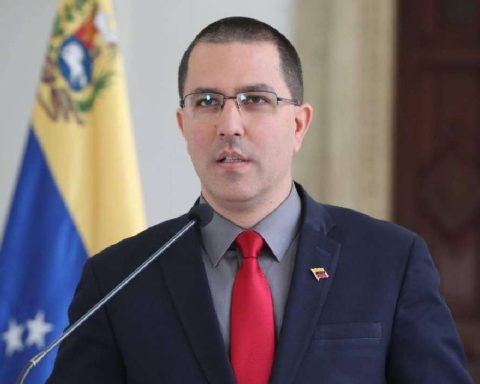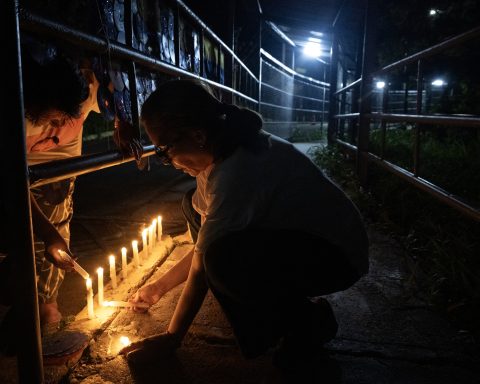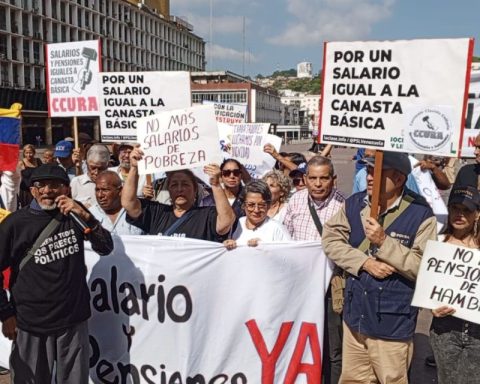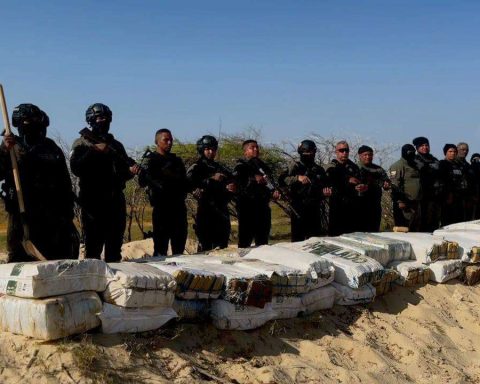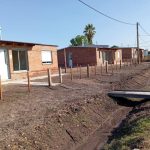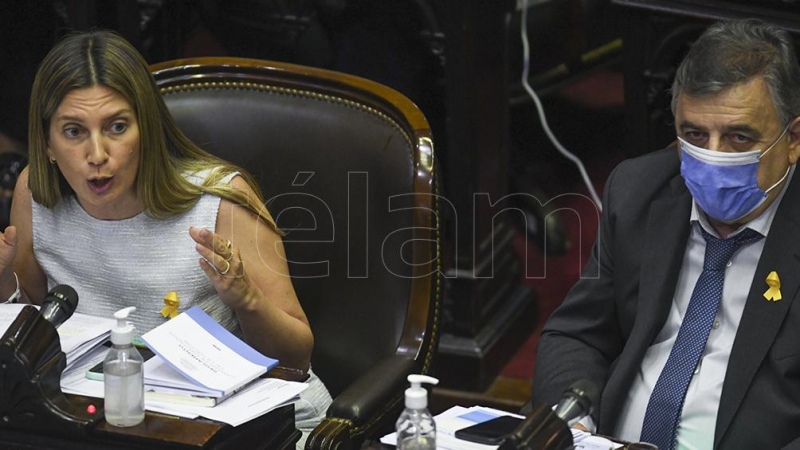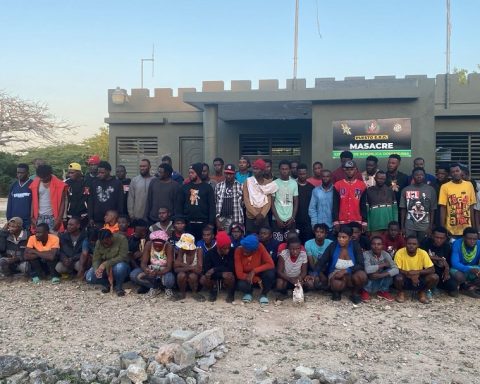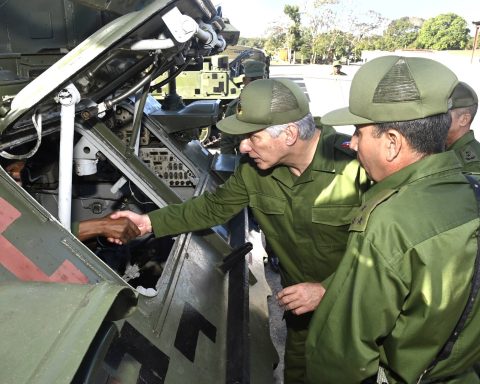In Hora20 a special program to analyze the latest changes in the border between Colombia and Venezuela from the reopening of the international bridge that connects both countries. Effects on the population were analyzed; in increasing migration; in commerce and in blocking illegal passages controlled by criminal organizations. Also a look at the political side, at the frustrated attempts at negotiation to reestablish relations between both sides of the border.
The border population between Colombia and Venezuela had to wait for about 74 months to return to have a formal passage, without humanitarian corridors and without blockades between the two countries. Since August 2015 when Maduro closed the border and expelled more than 20 thousand Colombians, going through the blockade of containers on the Venezuelan side in February 2019 until the arrival of the pandemic in March 2020, the population on both sides of the Táchira River today celebrate the reopening of the official steps that will allow the removal of the trails and irregular passages through which nearly 2,000 people cross daily according to UNHCR and in which there is total control of criminal organizations that charge up to hundreds of dollars to allow passing from one side of the border to the other.
Although Colombia opened the way since June 2 of this year, Venezuela only on October 4 announced that it would remove the containers located for more than two years in order to reestablish the migratory and commercial flow. This is based on local dialogues that were held between the department of Norte de Santander and the state of Táchira. However, only on October 26 was the opening made official, as Venezuela alleges that it did not achieve any kind of coordination with the border authorities on the Colombian side to establish an organized opening. Therefore, the step is reestablished, but without the coordination of both countries, which hope to also reactivate the commercial flow, which due to its closure was interrupted and led to the fact that the border economy, which was estimated at about $ 7 billion dollars by 2008, has been reduced by only $ 200 million dollars at the end of 2020, a situation that adds to the loss of employment and the reduction in trade between the two countries, a complex situation that is geographically located at the beginning of the Venezuelan diaspora, which today already has more than 1.8 million Venezuelans on this side of the Táchira river.
What the panelists say
Víctor Bautista, Secretary of Borders, Migration Affairs and Cooperation of Norte de Santander, pointed out that it is necessary to promote a transition scheme on the border until normal relations between Colombia and Venezuela are achieved. He explained that he could have a management between the DIAN and Migration, which implies the operational and at the same time does not require recognition in the political.
On the other hand, said that institutions such as Migration, Dian, Ica are responsible in the border area, therefore, it comments that they do not assume this type of competence as a Border Office.
Armando Peña, president of the Cúcuta Chamber of Commerce, assured that, after six years of having the border closed, the impact has been significant for merchants, which is why he assures that now He seeks to accompany national and local governments to measure the impact of the closure and to advance exports to Venezuela, which, as he explained, come mostly from the center of the country.
Ligia Bolívar, associate researcher at the Center for Human Rights of the Andrés Bello Catholic University, stated that Colombia has had a pragmatic vision to face the issue of migration, but he has managed a political tone in relations, he even recalled that, at the peak of the tensions between Chávez and Uribe, when Santos arrived, he put himself above recovering the commercial debt.
On the other hand, he said that it is necessary for consular services to be restored, as he considers that the population should not pay for the ideological differences of the governments.
María Clara Robayo, migration specialist and researcher at the Venezuela Observatory of the Universidad del Rosario, stressed that it is necessary to achieve a decentralization of border management and bet on cases and dialogue initiatives such as the one between Táchira and Norte de Santander.
He also commented that the opening of the border crossings makes the crossing more dignified, since it recalls the 200 illegal trail crossings where there are no security conditions for populations with complex conditions.

